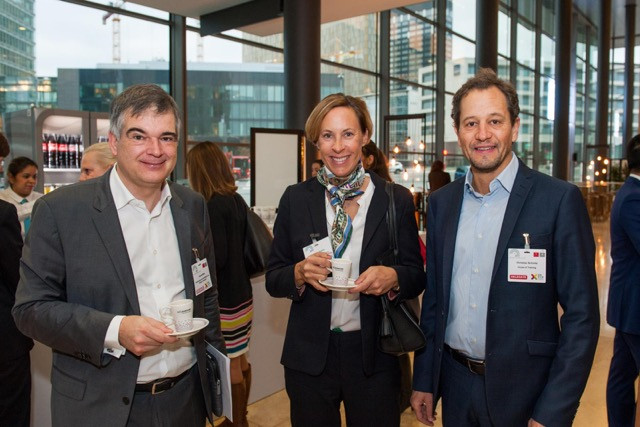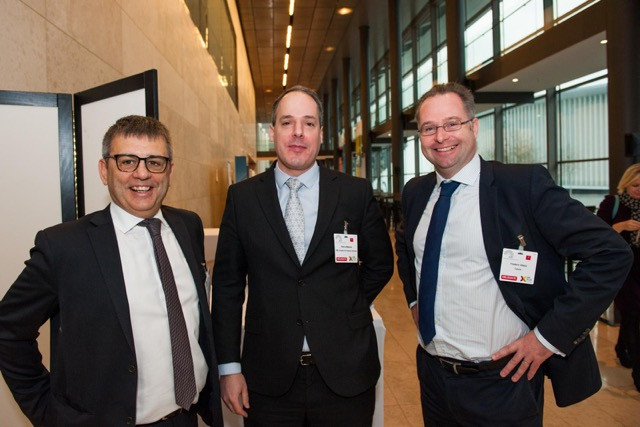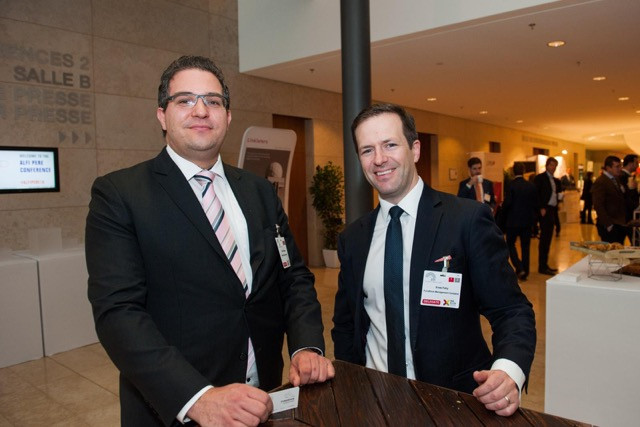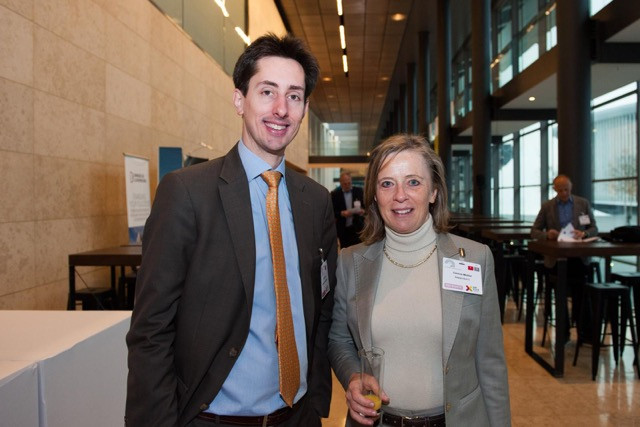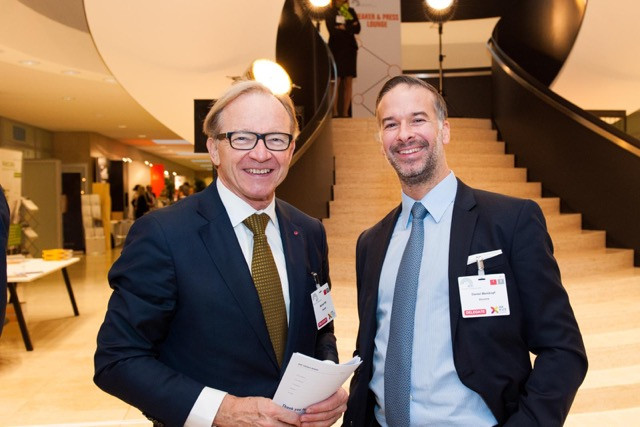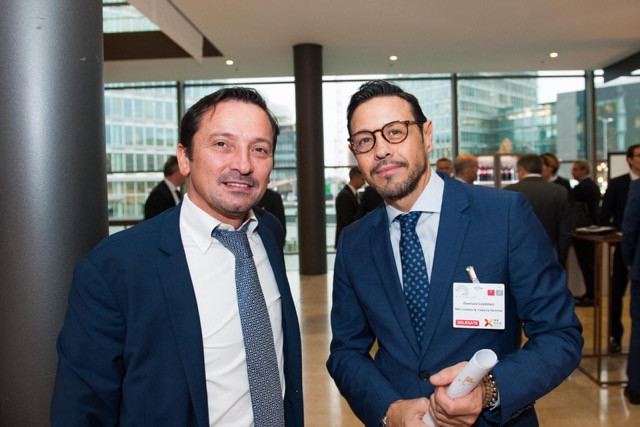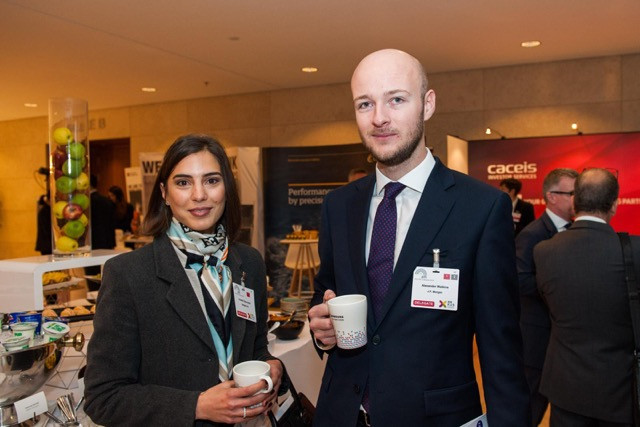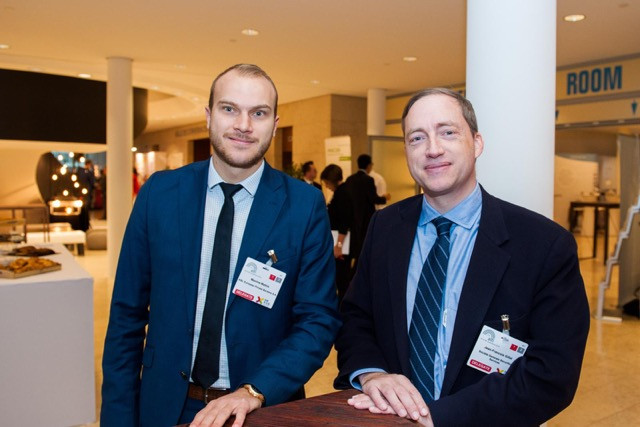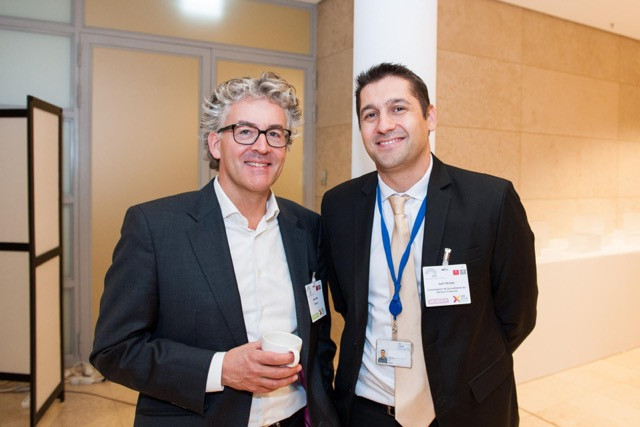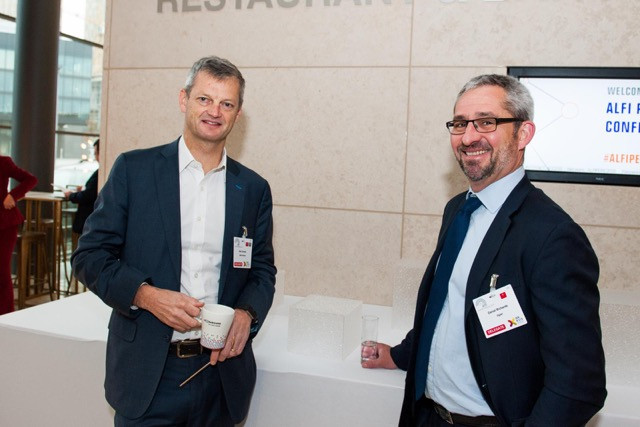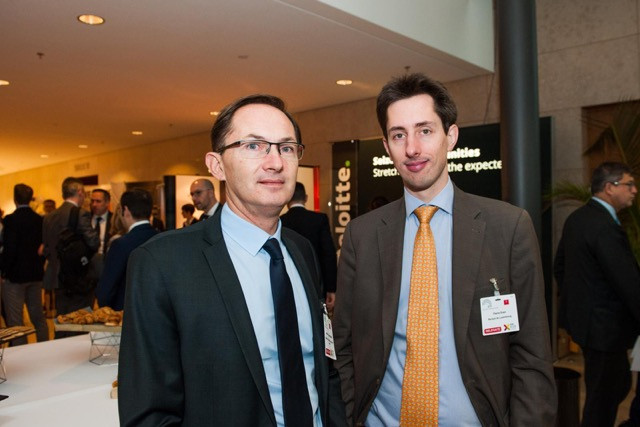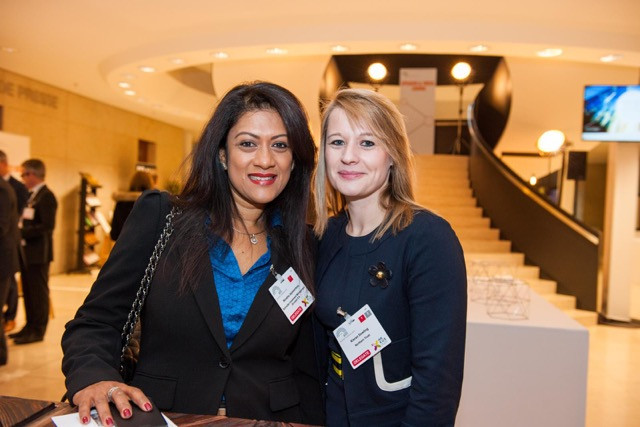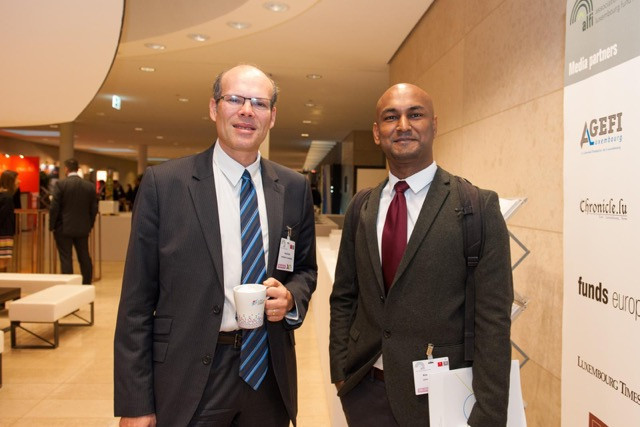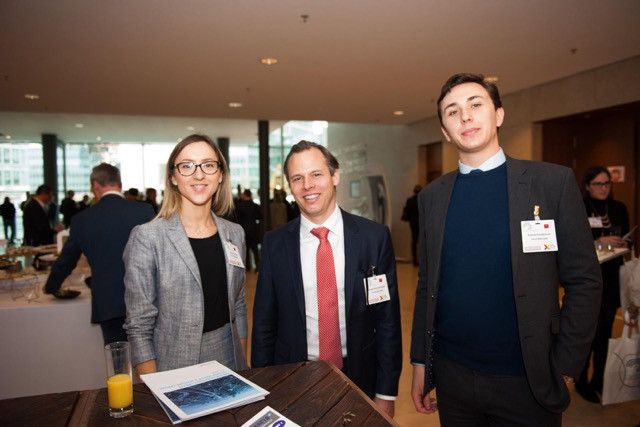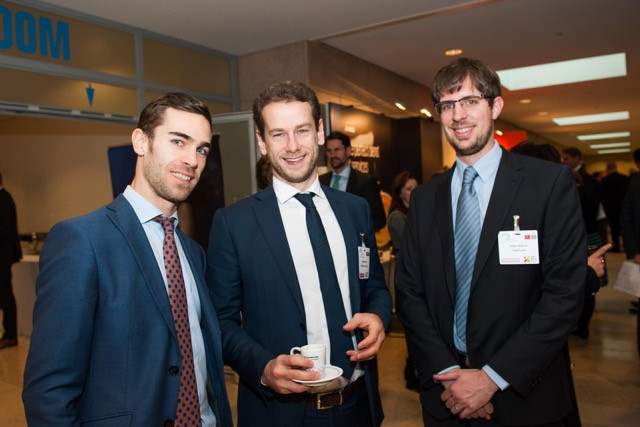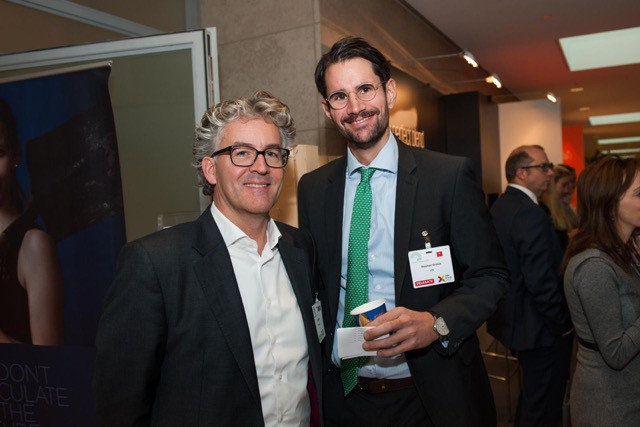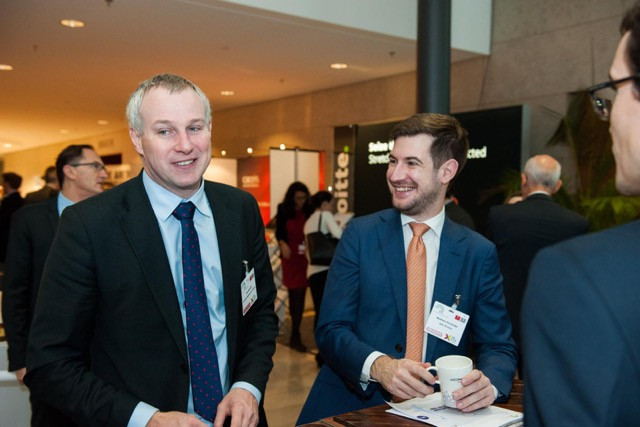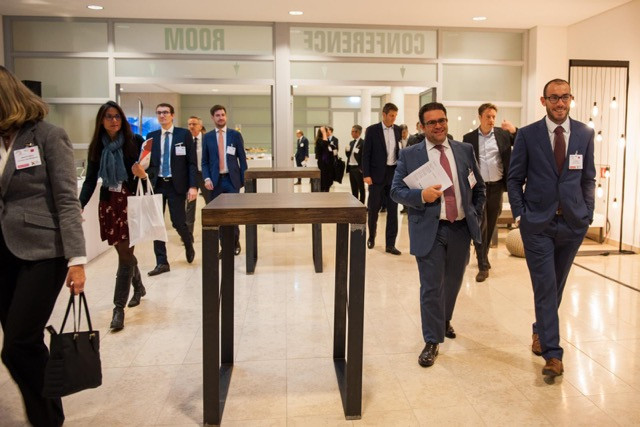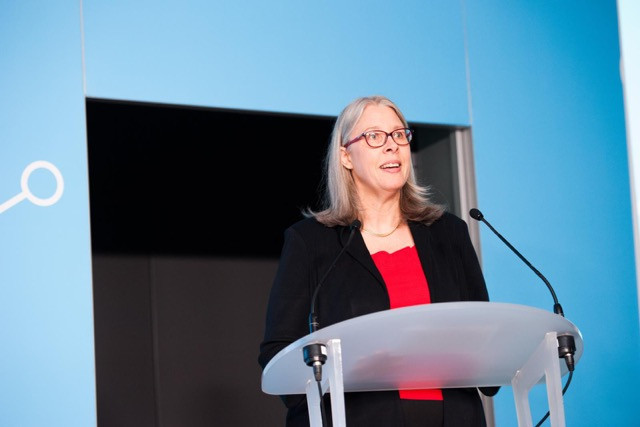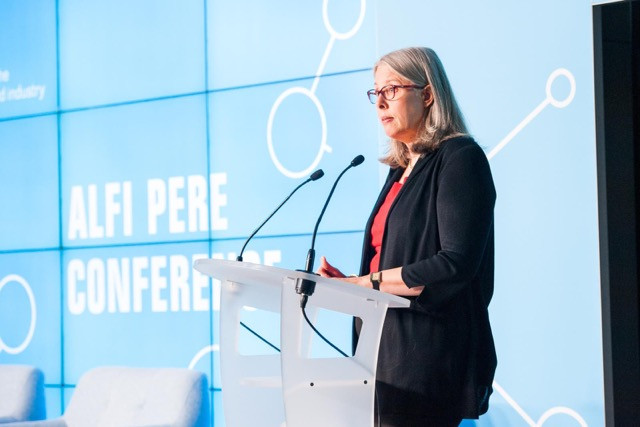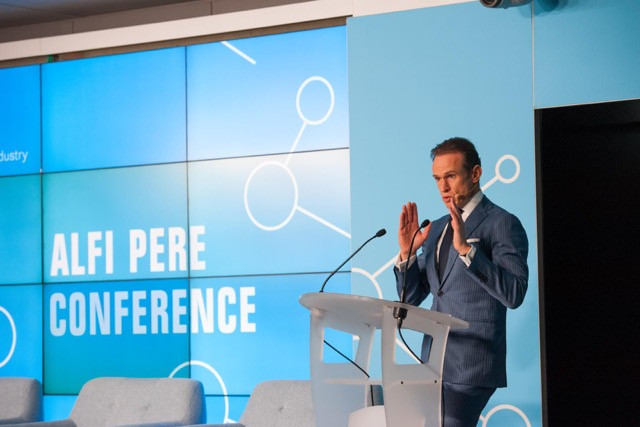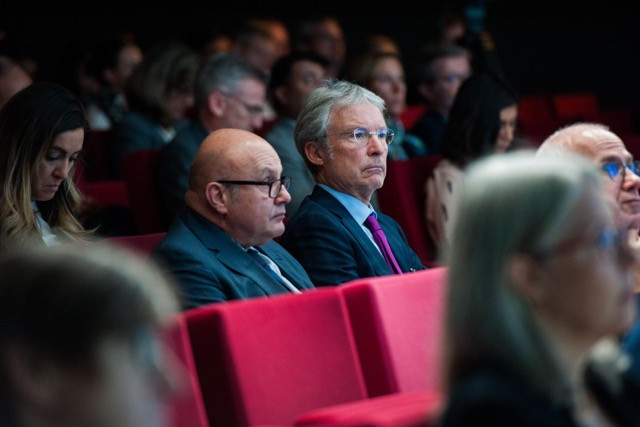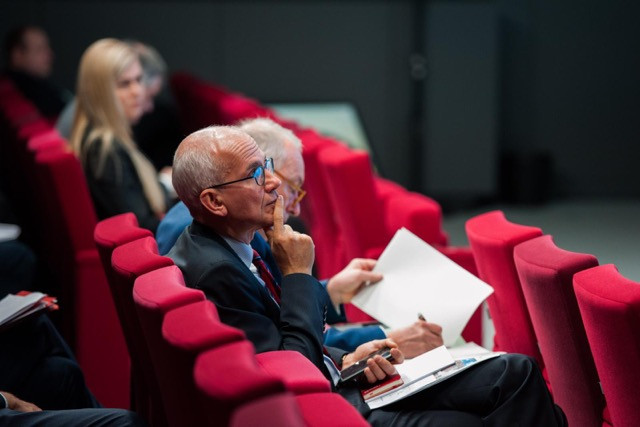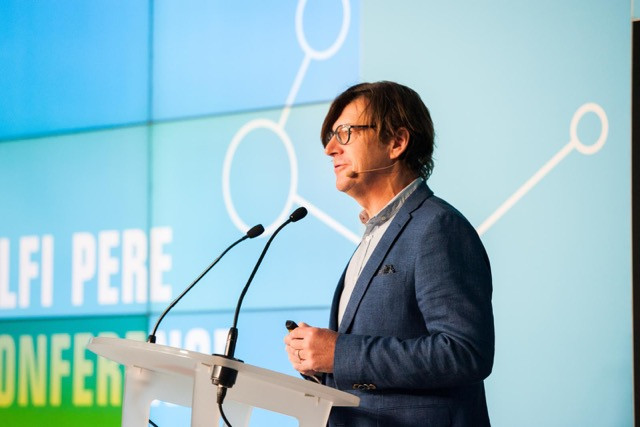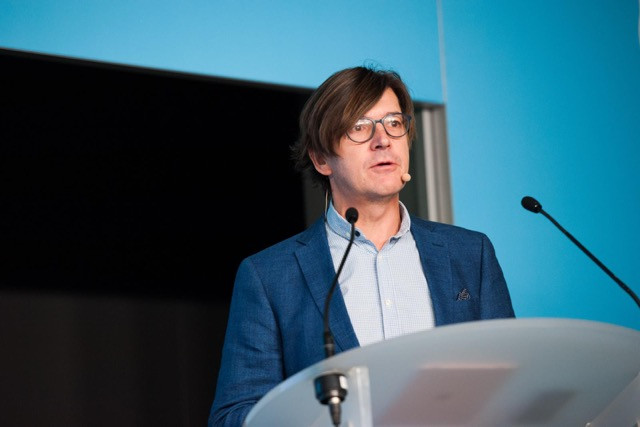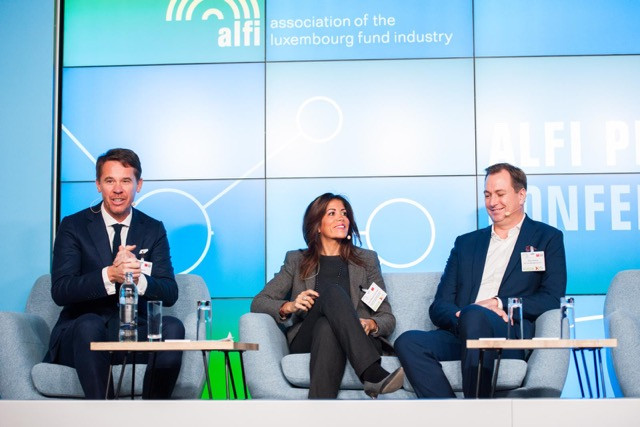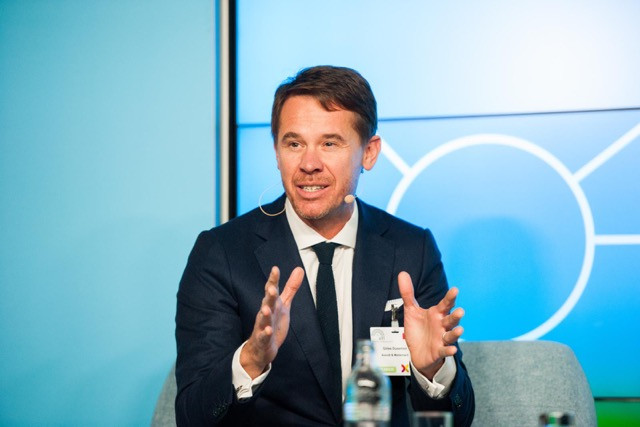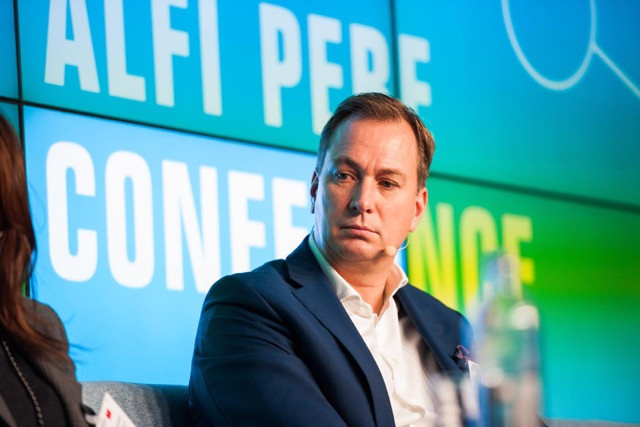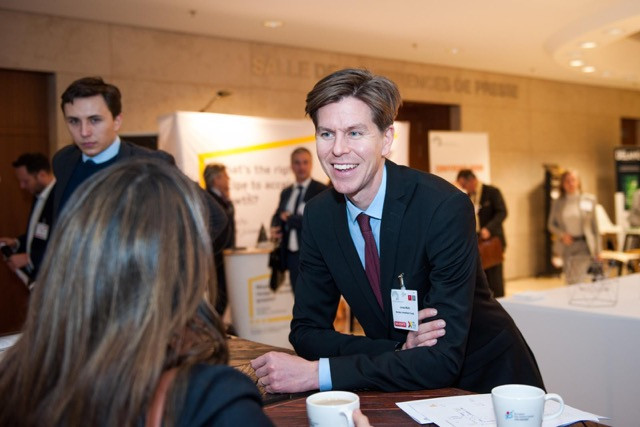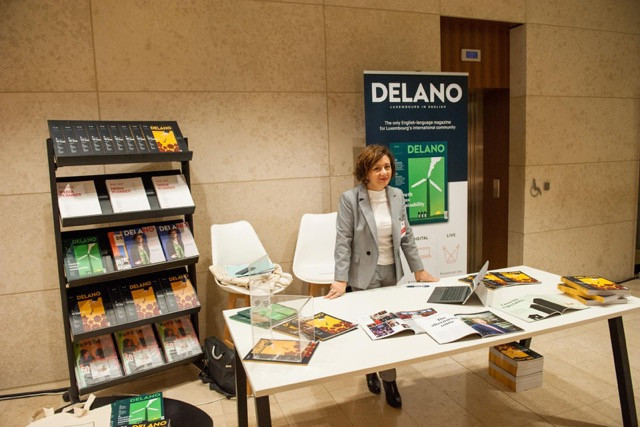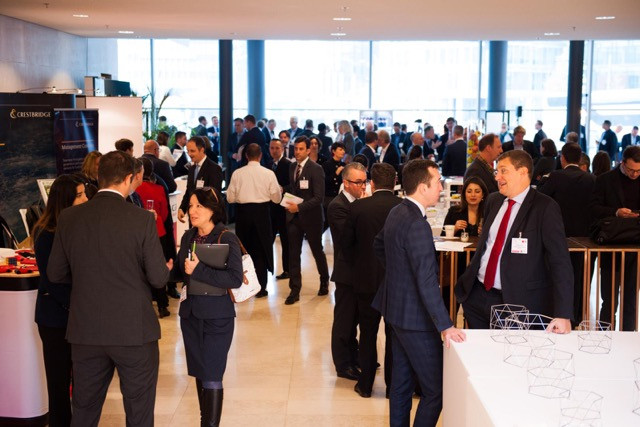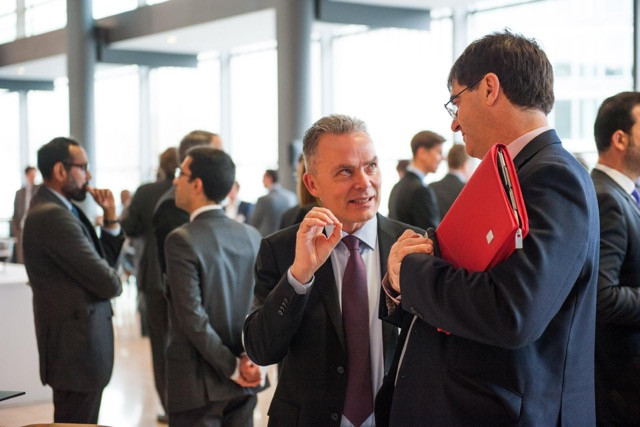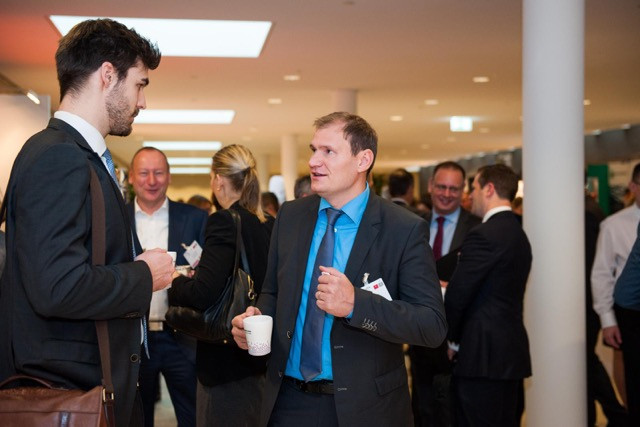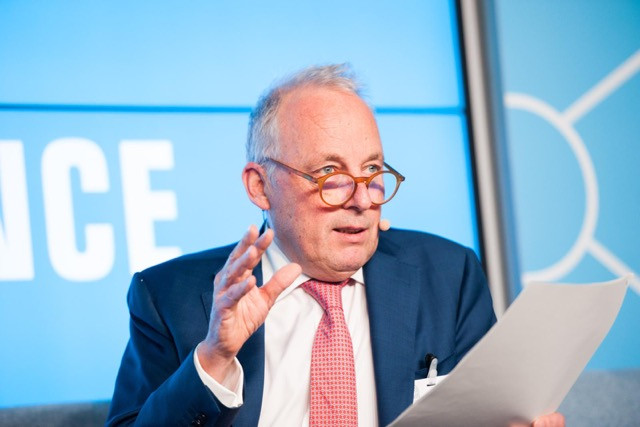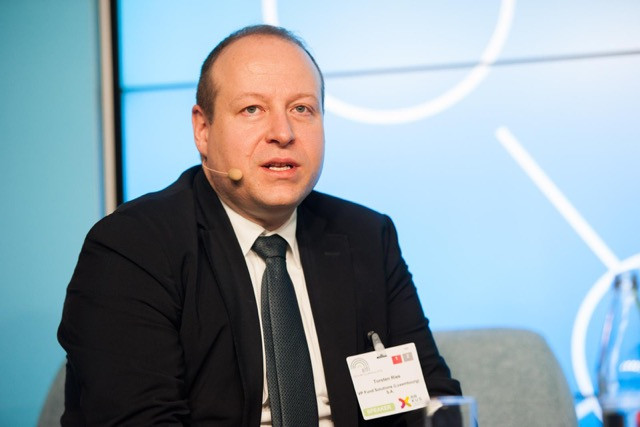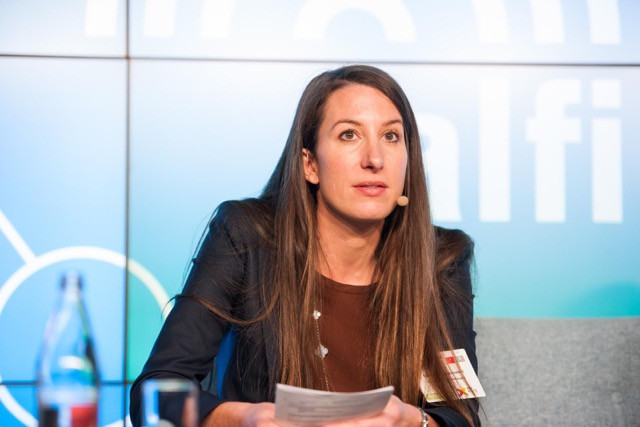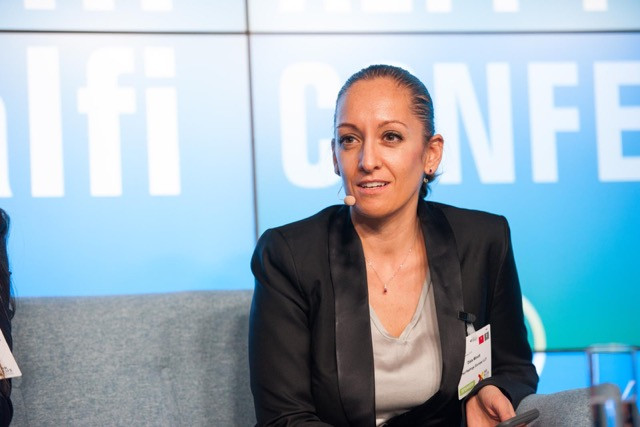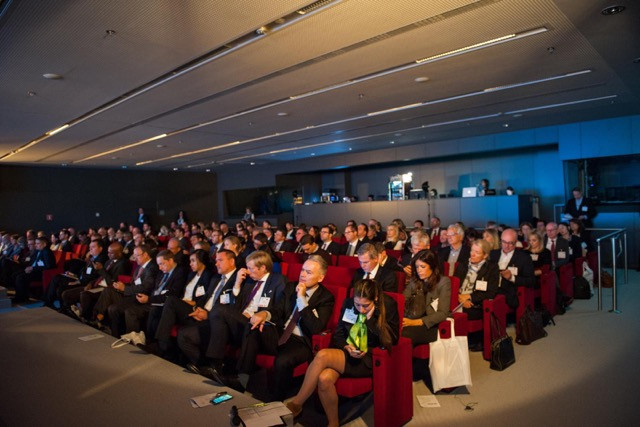According to the Association of the Luxembourg Fund Industry’s chairman, Denise Voss, the grand duchy is building front office expertise in alternative, non-Ucits funds to go with its long-standing back and middle office capability. “Luxembourg has substantial experience as a place to domicile and distribute funds, and as a risk management hub, but more and more it is becoming known as a front office jurisdiction, with increasing numbers of portfolio managers working here,” she told the Alfi PERE Conference on 20 November. Private equity funds were the focus of the conference on Tuesday, with real estate in the spotlight on Wednesday.
Alfi has calculated that the alternative fund sector in Luxembourg had more than €705bn assets under management at the end of September 2018, out of a total of €4,280bn for the industry as a whole. A total of 575 reserved alternative investment funds are now inexistence, substantial growth for this streamlined product since it was launched in 2016.“This success is due to the increasing role of asset management in financing projects and economic growth,” she added.
While times are good, and global business is booming, the first speaker offered a reality check. “We know in Luxembourg how fast things can change, as the once mighty steel industry is now a shadow of its former self, a change that happened in just over a decade,” said Michael Jackson, a partner with Mangrove Capital Partners, one of Luxembourg’s leading venture capital firms. He warned that the VC industry was not immune to disruption.
One potential danger is how attitudes will change. For all the talk of “millennials” in the industry being an “other” group, Jackson pointed out that when these people aged less than 35 years put on a suit they are just like everyone else. “In ten years time 70% of the workforce will be digital natives,” he pointed out, so working practices have to change to attract staff and clients.
He showed a word-cloud of what the younger generation want from their businesses. The key words are: integrity, teamwork, excellence, honesty, and respect. Transparency is needed to prove to the outside world that these ideals are being met. “Most PE and VC firms don’t disclosure their underlying assets or explain how the investments are doing,” he said.
He pointed to a case in the UK where the Church of England was criticised for investing through a fund of private equity funds into the “payday lender” Wonga. This firm has been criticised by NGOs for potentially encouraging people to amass high levels of debt. It’s the kind of investment the church would not have wished to be associated with, but did so blindly.
Moreover, with crowd funding in Asia now raising an estimated $200bn per year, Jackson warned that technology is also snapping at the heels of the PE industry. So enjoy the good times, but keep your eyes open for disruptive forces.
